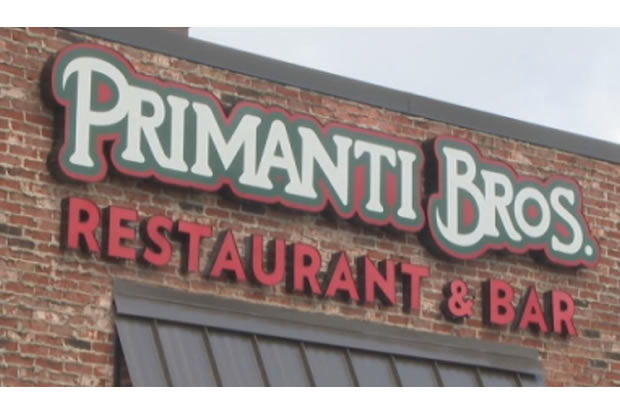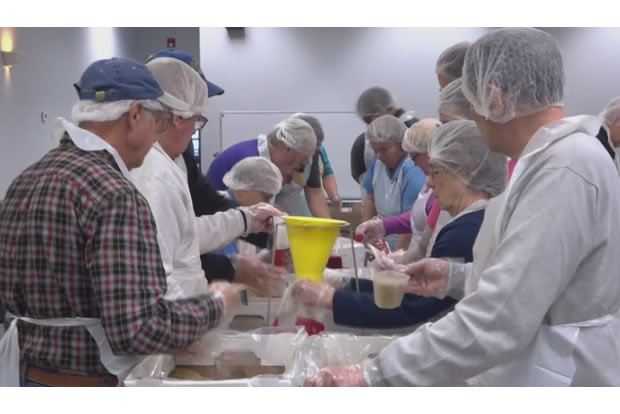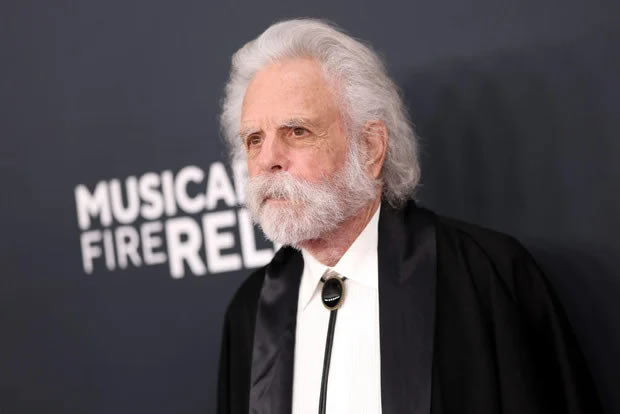When Kori Roy was heading out on the final leg of a road trip to celebrate her wife’s 29th birthday in April, she decided to add a message to the rear window of her Hyundai: “Help us get to New Orleans!” she wrote, adding her Venmo and Cash App accounts.
Roy, an Austin-based hip-hop artist who goes by Mama Duke, said in an interview that she was inspired by a fellow road-tripper on TikTok. Even $20 would be better than nothing, Roy figured – but there were reasons for optimism.
Over the past few months, social media users, especially on TikTok, have been sharing their own experiences of Venmo-powered road trips as travel has revved up again. Users have sought (and received) contributions from strangers for graduations, birthdays, bachelorette parties, hey dude anniversaries, even divorces. Some of the videos have been viewed millions of times.
Jenna Drenten, an associate professor of marketing at Loyola University Chicago who studies digital consumer culture, said the trend is a continuation of the kind of crowdfunding that became commonplace during the pandemic, when peer-to-peer payments poured in to people who lost their jobs or needed help with health-care costs.
Many grew accustomed to posting Cash App or Venmo information and explaining their needs, she said. And now that the worst of the pandemic has passed in the United States and travel is more socially acceptable, it makes sense that the practice continues as a way to participate in communal joy after so much shared suffering.
“My perspective is that individuals feel more liberty to share their celebratory experiences and to use those same practices that became normalized throughout the pandemic,” Drenten said. “When we think about well-being during the pandemic, it was survival. Now well-being is celebration and being able to express yourself and enjoy your life.”
On Roy’s trip, nothing happened at first, she recounted in her own TikTok telling, set to New Orleans jazz. But then the floodgates opened.
“Jesus take the wheel,” she wrote, including screenshots of donations for $2, $10, $50, $77. “They started pouring in. Oh sweet mother of things that are holy. Look at this!”
Donors sent well wishes, welcomes, fleur-de-lis emojis, recommendations for the best daiquiris – and more than $500. Roy said she and her wife, Keeley, didn’t have to spend any of their own money once they arrived, after already having paid for their Airbnb.
“What I love is that I’m getting this feeling of . . . out of quarantine, there’s a lot more community happening,” said Roy, 33.
While a couple of comments were less than enthusiastic, most who engaged with the post cheered Roy on or said they were inspired to try it themselves.
“It was super fun. More people are willing to help you than we realize,” she said. “It was like, ‘Oh, this is some good karma right here.’ ”
Venmo, which is owned by PayPal, couldn’t say how or when the trend started. But spokeswoman Jaymie Sinlao said that as the platform has grown and evolved, the company has seen people “come together in unique ways,” including random acts of kindness.
“While Venmo was designed for payments between skechers outlet friends and family, we’re inspired to see the ways that the Venmo community is helping one another, whether they’re supporting others in need or chipping in to help someone celebrate a milestone or special occasion,” she wrote in an email.
Sinlao added that the service reminds users to “be mindful” about their practices, including who they send payments to and accept them from.
Drenten said putting Venmo or Cash App information out for all to see – including on a vehicle – could make a user more vulnerable to scam attempts. It could also draw unwanted attention to the possibility that people in the car might have access to extra cash.
“It is a lot of private information being shared very publicly, especially because finances are involved,” she said.
But mostly, Drenten said, driving around in a Venmo-mobile could broaden the network of people who want to join and support a celebration.
“That’s actually a very positive way of spreading positivity and kindness and inclusive experiences,” she said.
Alyssa Harris, 25, saw that firsthand as she traveled from Tennessee to Charleston, S.C., for her bachelorette party in April. During a stop early on, she wrote a message on the back of the car as she had seen a fellow TikTok user do: “Last fling before the ring. Buy the bride a drink.” A friend shot a video, and they posted it to TikTok during the drive.
“It blew up so fast,” said Harris, a dental hygienist. She had her phone propped up on a stand in the car for directions, but Venmo notifications kept flashing. “I was like, ‘Oh my gosh, guys.’ Every time I checked it, there was another hundred dollars.”
While she thought a few hundred dollars might come in – “I’ve seen what TikTok can do,” she said – she was floored when the total topped $3,200. She passed one man in a convertible who waved, pointed to his phone and sent money, but she believes most of the payments came from her existing platform on the social network: She has more than 172,000 followers thanks to her do-it-yourself wedding decoration videos.
“It was crazy,” Harris said. “I started feeling guilty, like, ‘Do I shut it off? What do I do?’ It was so surreal.”
While her message suggested buying the bride a drink, Harris said booze was the smallest line item. She said she golden goose sneakers bought groceries and gas, paid for Ubers and treated her eight friends to dinner at a fancy restaurant with the money.
“I was not about to drink $3,200 worth of alcohol,” she said.
Drenten said hitting a Venmo jackpot like that can be “very much like winning the lottery” (and definitely not a sustainable way to earn an income).
“But for these celebratory things, it kind of goes back to: What’s the harm? Why not try?” she said. “If it flops, no big deal. And if it takes off, then maybe you end up making $3,000.”
Plus, she said, for those who donate, it’s a way to join the party.
“Maybe I can’t go on a vacation right now, but I can support some other person who’s like, ‘This is my first time being able to go on vacation with my friends in a year,'” Drenten said. “People want to be engaged in the happiness, even if it’s vicarious.”















+ There are no comments
Add yours